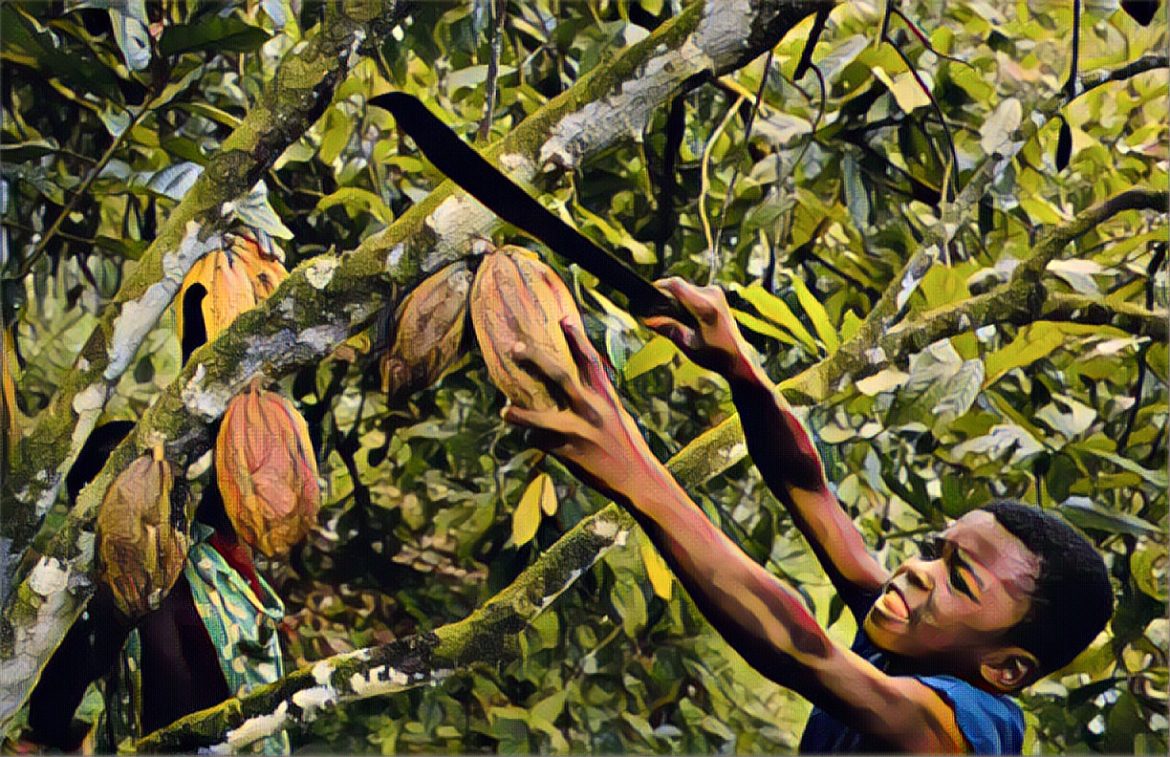Ghana, the world’s second-largest cocoa producer, has signed an $800 million syndicated loan with international banks and expects to receive the first $600 million as soon as this week, its deputy chief executive officer said on Tuesday.
The loan, which is usually agreed at the start of the season in September, has faced delays as the West African country grapples with its worst economic crisis in a generation and tries to restructure its bilateral and commercial debts.
Ghana uses the annual loan to finance the purchase of cocoa beans from farmers, which are then sold to global chocolate makers and traders. The loan is backed by the country’s cocoa export revenues.
“I joined COCOBOD in 2018 and this is the hardest transaction we have had,” COCOBOD Deputy CEO Ray Ankrah told Reuters, referring to the state-run cocoa marketing board.
“It’s been signed and we are working on the drawdown. We’re drawing down $600 million by the end of this week and we expect to draw down the $200 (million) in the middle to the end of January,” he said, adding that the terms of the loan had not changed from those presented to parliament last month.
According to the terms, COCOBOD will pay interest of nearly 8%, which includes the one-month Secured Overnight Financing Rate (SOFR) currently around 5.3%, and a margin of 2.65%.
This is the highest interest rate that COCOBOD has ever paid for the syndicated loan, which has been running for more than two decades. Last year, the interest rate was 1.75% plus the London Interbank Offered Rate (LIBOR), which was around 0.1%.
Ankrah said the high-interest rate reflected the increased risk perception of Ghana by the lenders, who were concerned about the country’s debt sustainability and its ability to service the loan.
Ghana’s debt-to-GDP ratio has risen to nearly 90%, up from 62% in 2019, due to the impact of the Covid-19 pandemic and the war in Ukraine on its economy. The country has defaulted on some of its debt payments and is seeking debt relief from its creditors under a new framework endorsed by the Group of 20 major economies.
Ankrah said COCOBOD had to provide additional guarantees and assurances to the lenders to secure the loan, which involved 28 banks and financial institutions, including Standard Chartered, Societe Generale, MUFG Bank, and Natixis.
He said COCOBOD had also borrowed up to $200 million from cocoa traders to partially finance its operations for the 2023/24 season, which started in October.
Ghana and its neighbor Ivory Coast, the world’s top cocoa producer, are expecting their smallest cocoa crops in years due mainly to poor weather. COCOBOD has officially forecast production of about 800,000 tonnes for the 2023/24 season, but industry sources have told Reuters they estimate Ghana’s harvest will be closer to 600,000 tonnes.
The $800 million loan is among the lowest in a decade. In 2011, COCOBOD secured a record-high $2 billion loan.
Ankrah said COCOBOD planned to capitalize on record-high global cocoa prices by selling part of the country’s crop on the spot market, rather than through forward contracts, to maximize its revenues.
He said COCOBOD was also implementing measures to boost cocoa production and quality, such as distributing improved seedlings, fertilizers, and pesticides to farmers, rehabilitating old and diseased farms, and promoting good agricultural practices.
He expressed optimism that Ghana’s cocoa sector would overcome the current challenges and contribute to the country’s economic recovery and development.
“We are confident that with the support of the government and the international community, we will be able to weather this storm and emerge stronger,” he said.
Source: MSN





1 comment
Would you be occupied with exchanging links?